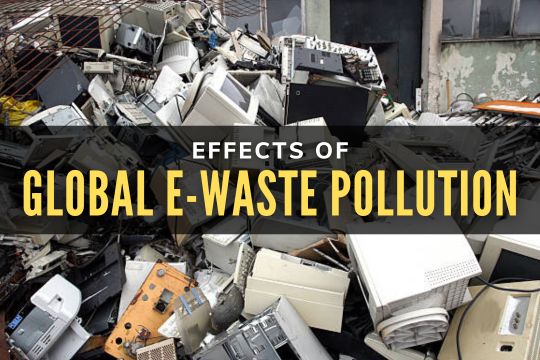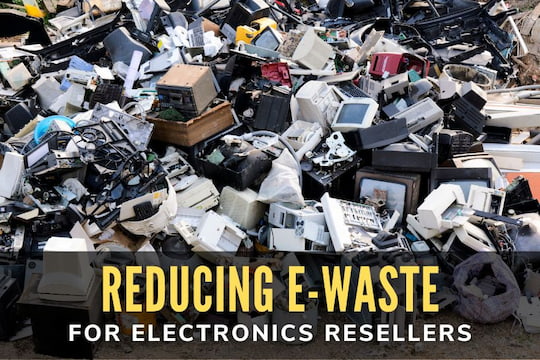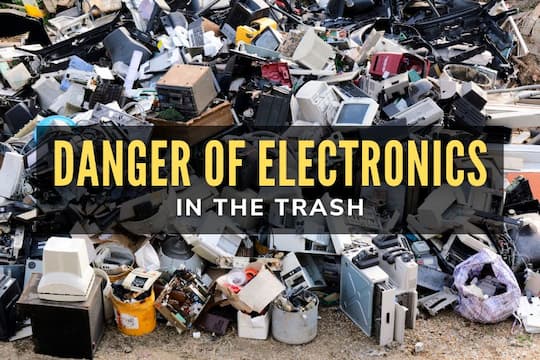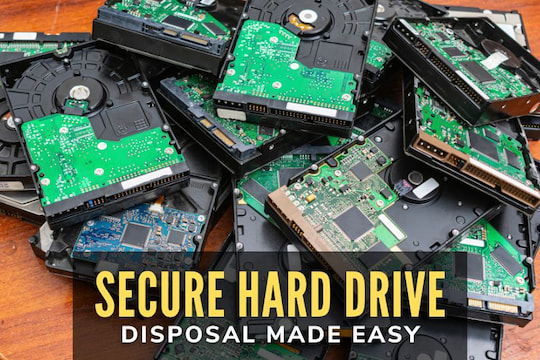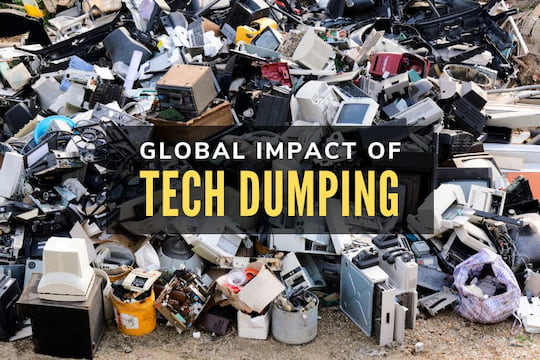Electronic Waste, or E-Waste, is known as an electronic waste that is no longer used or wanted and is now considered obsolete. Regardless of whether or not an electronic device still works, it becomes e-waste when it is no longer wanted, or it becomes out of date. For example, Old VCRs, DVD players, floppy disks and old stereos are all examples of electronic devices that, while they still might work, they have become outdated and are no longer used. As technology continues to proliferate, the amount of e-waste also increases. One answer to this growing problem is the use of electronic recycling companies that keep e-waste from ending up in landfills. Read on to discover some shocking e-waste statistics.
- The United States produces more e-waste every year than any other country. In 2016 the number of electronics that American threw away every year to a landfill reached 9.4 million tons.
- If just one million laptops were recycled, it would save energy equivalent to the amount of electricity that is used by 3,657 U.S. homes in a year.
- When e-waste is not recycled, trace amounts of precious metals end up in landfills. These include gold, copper, silver, palladium and more. In 2016, the potential value of these raw materials that ended up in landfills worldwide was over 60 billion dollars.
- For every one million cell phones that are recycled, we could recover 35,274 pounds of copper, 75 pounds of gold, 772 pounds of silver and 33 pounds of palladium
- According to the EPA, only 12.5% of e-waste is recycled
While Electronic Recycling Companies are one of the significant ways we can help the environment and our natural resources, not all companies are the same. Some companies are known to ship the e-waste to developing countries. To ensure a company is reaching the health and human safety standards, be sure to choose a company that has been certified. With a certification, you’ll know your data and the environment are being adequately protected.







